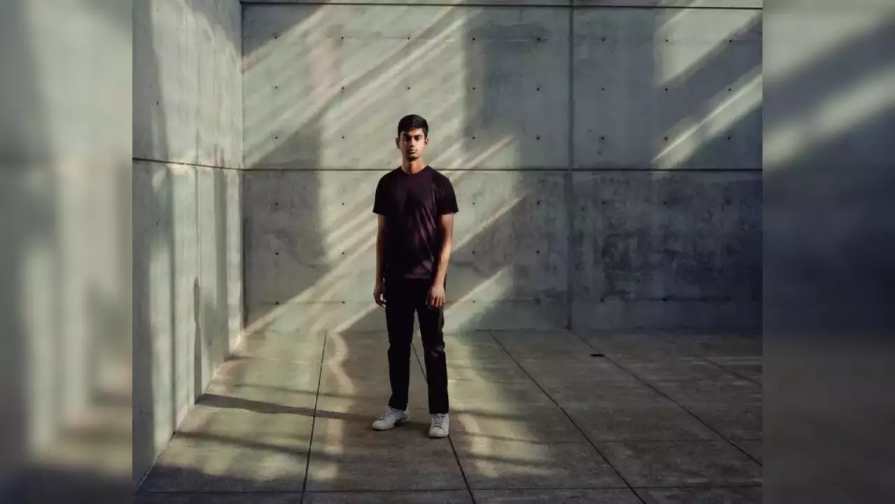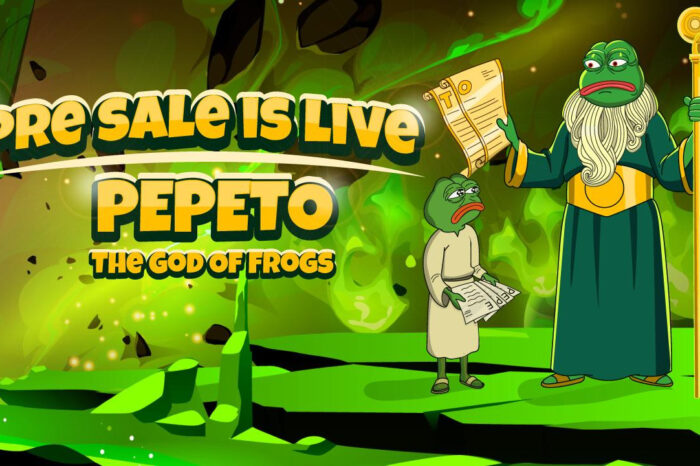OpenAI whistleblower and former researcher Suchir Balaji found dead in San Francisco apartment

Suchir Balaji, a 25-year-old former researcher at OpenAI, was found dead in his San Francisco apartment late last month. Authorities, including the San Francisco Police Department and the Office of the Chief Medical Examiner, have ruled his death a suicide.
The news came just weeks after Balaji publicly accused OpenAI of violating copyright laws and contributing to the degradation of the internet.
“Hmm,” Elon Musk reacted to the news of Balaji’s death on X.
— Elon Musk (@elonmusk) December 14, 2024
Balaji, who graduated from UC Berkeley, joined OpenAI in 2020 and was part of the team working on GPT-4. Initially inspired by the potential of AI to address critical challenges like curing diseases and extending human life, he spent four years at the company. Over time, he became disillusioned with its business practices, particularly around the use of copyrighted material.
In a blog post and interviews, Balaji shared his belief that OpenAI was not adhering to U.S. copyright laws, raising concerns about how the company’s approach to data collection could harm original content creators. His decision to leave OpenAI in August 2024 was driven by these ethical concerns. Speaking to the New York Times, he said, “If you believe what I believe, you have to just leave the company.”
In October, Balaji published an essay on his website where he detailed how much copyrighted material from training datasets ends up in the outputs of AI models. His analysis led him to conclude that ChatGPT’s outputs fail to meet the standards of “fair use,” the legal concept that permits limited use of copyrighted content without permission.
“The only way out of all this is regulation,” Balaji later told the Times, pointing to the legal complexities stemming from AI’s business model. In response to the Times article, OpenAI defended its practices, stating:
“We build our A.I. models using publicly available data, in a manner protected by fair use and related principles, and supported by longstanding and widely accepted legal precedents. We view this principle as fair to creators, necessary for innovators, and critical for US competitiveness.”
Balaji’s claims came roughly a year after The New York Times sued OpenAI and Microsoft for using its content without permission to train AI models. The lawsuit alleges that millions of articles were used to build the AI systems, which now compete in the same market as the newspaper.
Balaji’s disclosures have amplified ongoing debates about the ethical and legal challenges tied to AI development. His departure has also intensified scrutiny of OpenAI’s practices, with legal challenges mounting over the use of copyrighted material to train its large language models.
Balaji’s contributions to the discussion about AI’s societal impact, particularly its risks to intellectual property and creativity, have left a significant mark on the industry’s ethical conversations.




